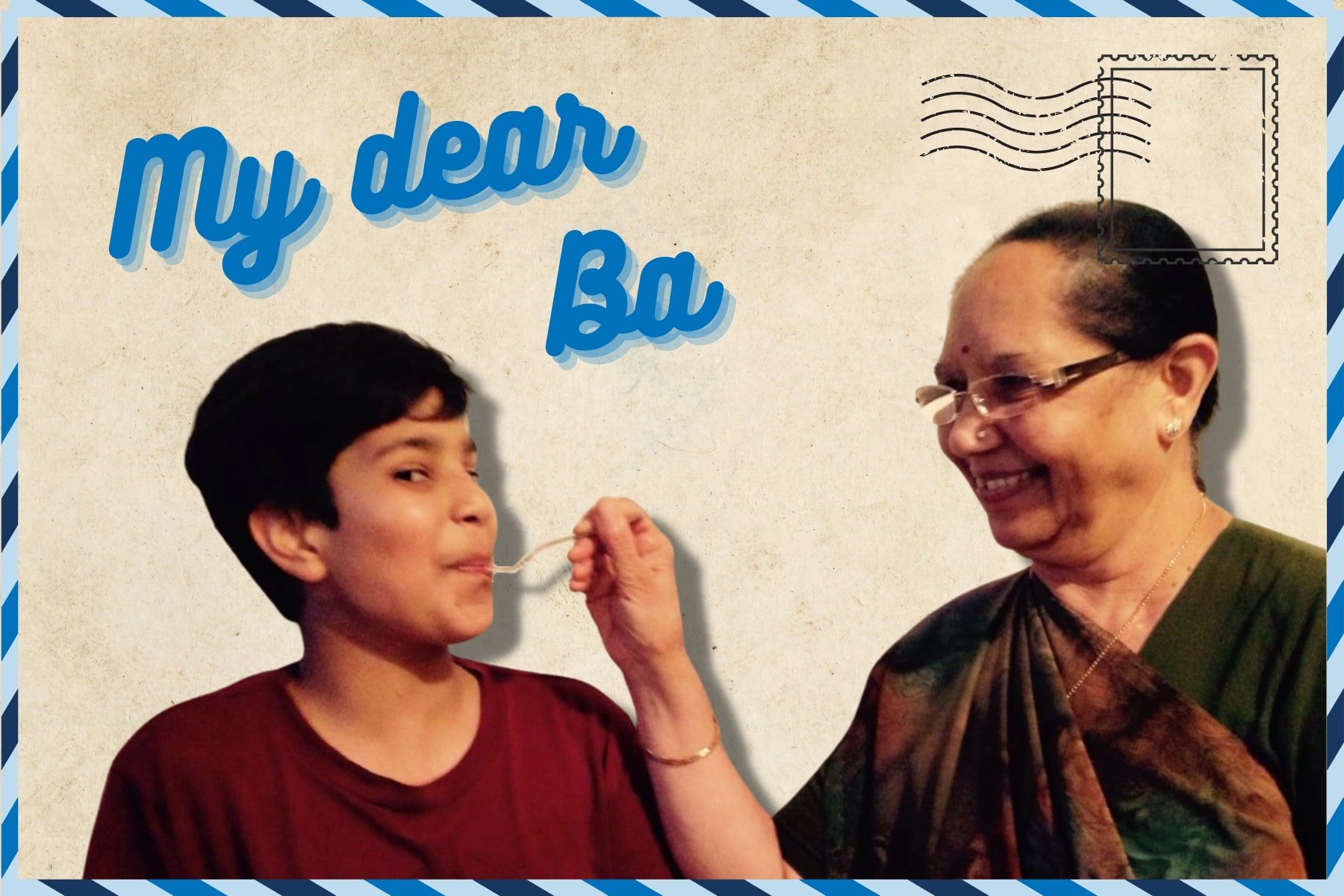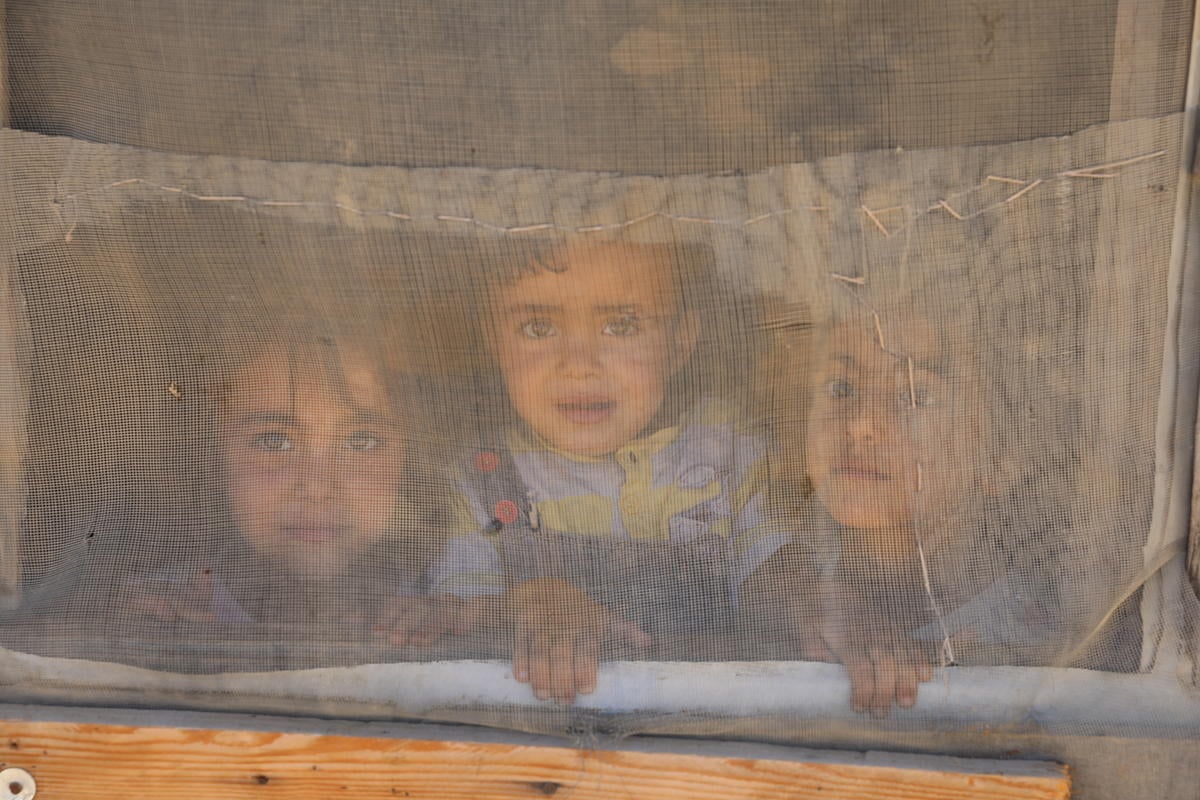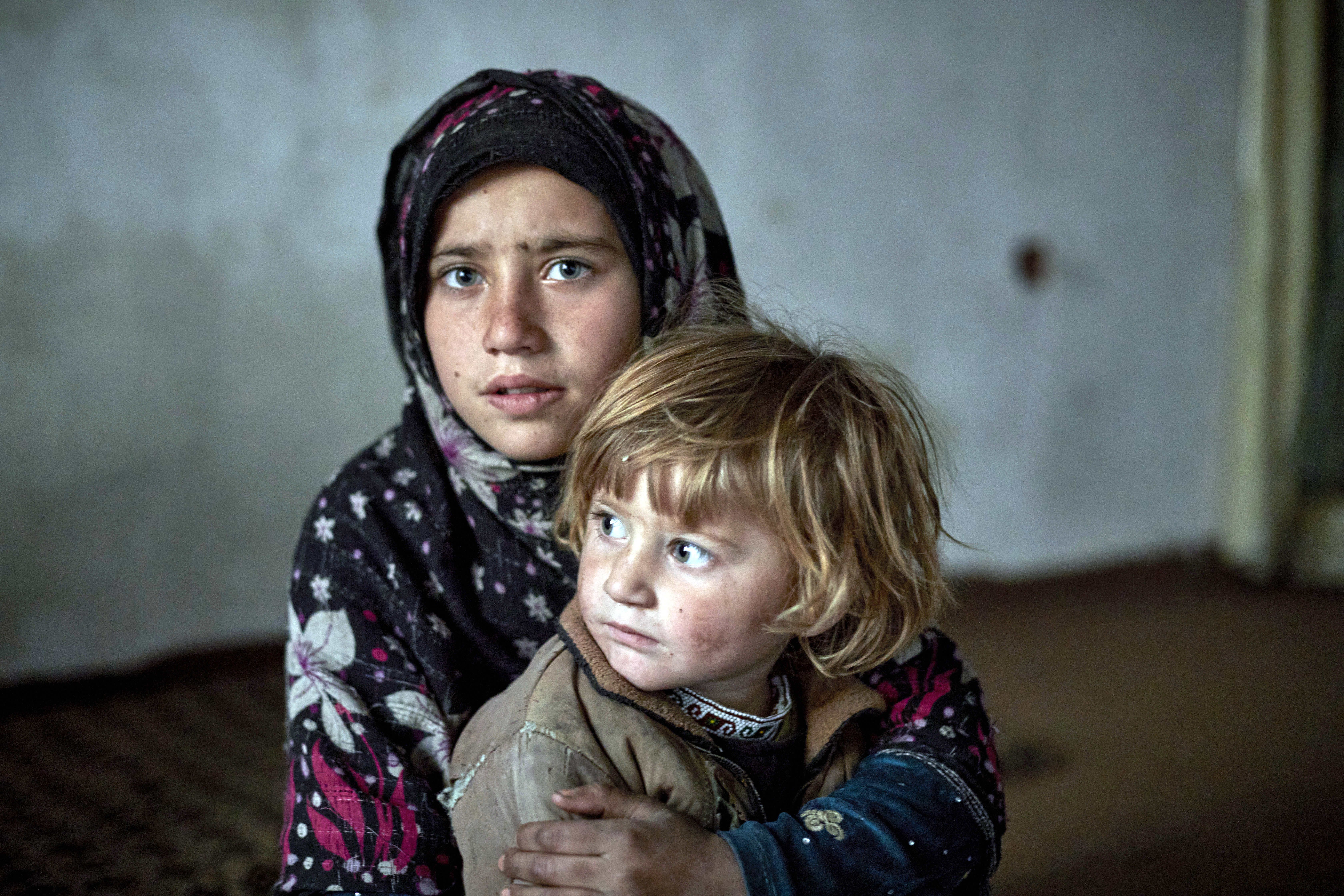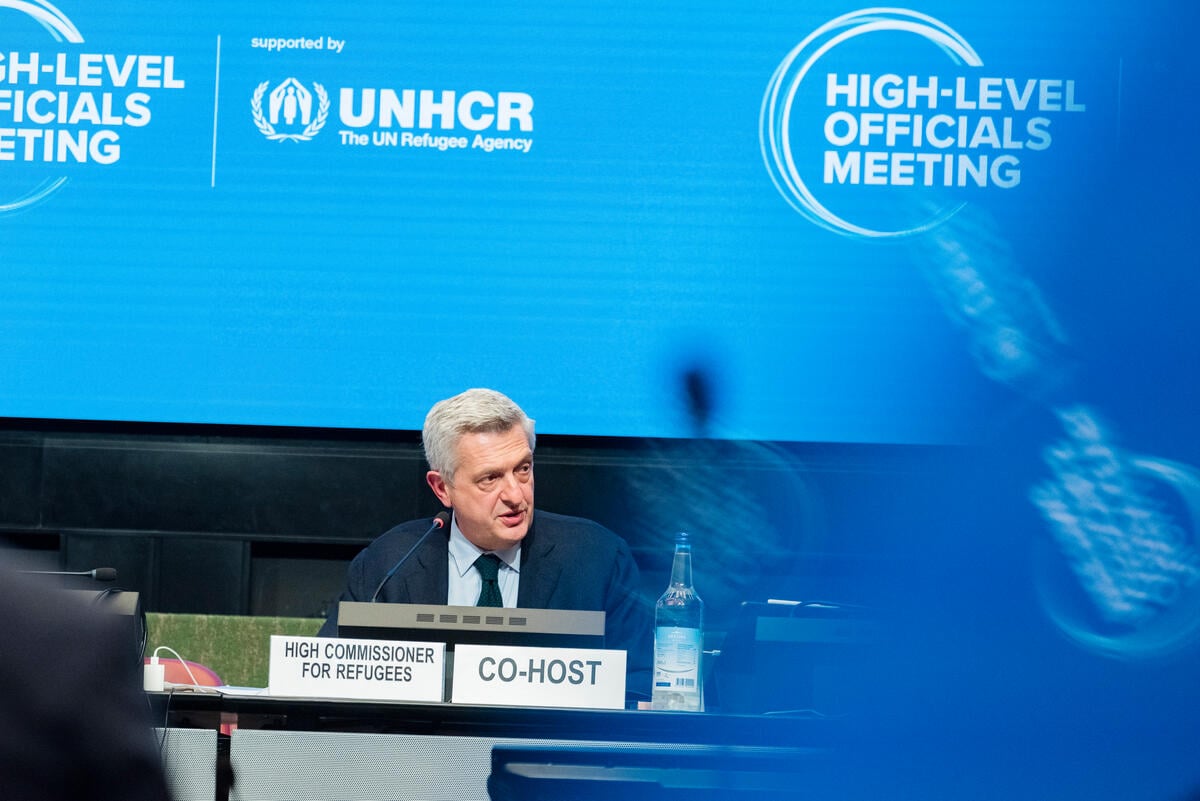Afghans optimistic about a bright new life in Land of the Long White Cloud
Afghans optimistic about a bright new life in Land of the Long White Cloud

NEW DELHI, Indian, February 28 (UNHCR) - Fourteen-year-old Fayaz* sat in front of a computer at a New Delhi internet café, waiting impatiently for photographs to download from the website of New Zealand's national tourism organisation.
Along with his family, he was about to start a new life in the distant South Pacific nation and he wanted to find out as much as possible about this alien, largely rural country also known as the Land of the Long White Cloud.
"It is very beautiful and clean," he said after poring over images of towering snow-capped mountains, rivers, wild coastlines, golden beaches and pristine forests and fiords. Less than a month later, on January 17, he was flying to Auckland where he and his family are now among a group of 47 Afghans taking part in a six-week orientation course after being accepted for resettlement.
It's a long way literally and figuratively from his birthplace, India, and his homeland, Afghanistan, which Fayaz only knows about through stories told by his parents and what he sees on television. But he and the other youngsters in the group will likely adjust more easily to a new culture and country than the elder members of this batch of 10 families, the first to be picked for resettlement by a pioneering team sent from New Zealand.
The two New Zealand immigration officials were in India from late September to early October and interviewed 337 Afghan refugees whose names had been submitted by UNHCR. Some 200 have been accepted for resettlement to date and a second departure of around 100 people will take place in March.
"The governments of New Zealand and India have cooperated closely with UNHCR to make this day possible. The speed with which these families have been assisted for departure is remarkable," said Carol Batchelor, UNHCR's acting chief of mission in India. "These refugees now have a place to call home and to build a secure future," she added.
Some of the refugees had been in India for more than 20 years, like Fayaz's parents who fled Afghanistan during the Soviet occupation of the 1980s. Others came during the 1990s, when Afghanistan was first wracked by civil war and then under the harsh Islamic rule of the Taliban, who were ousted in late 2001.
But while democracy has returned to the country, many Afghan refugees cannot repatriate because clan and ethnic affiliations still make it insecure to go home, while others no longer have any family ties in the country and some are in mixed marriages. On top of this, the Taliban continue to fight Afghan government and foreign forces in the south and east.
And while the refugees have good things to say about India, they face restrictions in the country, including difficulties finding work, no prospect of getting citizenship - unless they are Sikhs or Hindus from Afghanistan - and limited access to first-class education for their children. These were factors that made them candidates for resettlement, though none knew where they might end up.
Like Saeeda*, a single mother of four children. "I have not seen photographs of New Zealand. Not even in my dreams did I imagine that I would go there," the 46-year-old said, adding: "We're happy to go wherever for our children. It's all fate, destiny."
Javed*, 33, also had the interests of his four children uppermost in his mind. "Our lives were ruined because we became refugees. I want to ensure that my children will never be refugees again," he said, while admitting it would be difficult leaving India for somewhere he knew so little about. "We will never forget India."
The younger members of the group had less emotional baggage. They looked forward excitedly to the future and the chance to make something of their lives. Mariam, 23, said she would miss Indian food, her friends and Bollywood movies, but she looked forward to a good education and job and to no longer being labelled a refugee.
The promise of a better standard of life is what makes resettlement so attractive for Mariam and 28-year-old Vazira*, who wants to study to become a human rights lawyer. That ambition brings cheer to her father, 67-year-old Ahmad*, but he was worried that he would find it hard to adjust. "My life is over," he said. It takes courage to start again.
* Names have been changed at the request of the interviewees
By Nayana Bose in New Delhi, India









